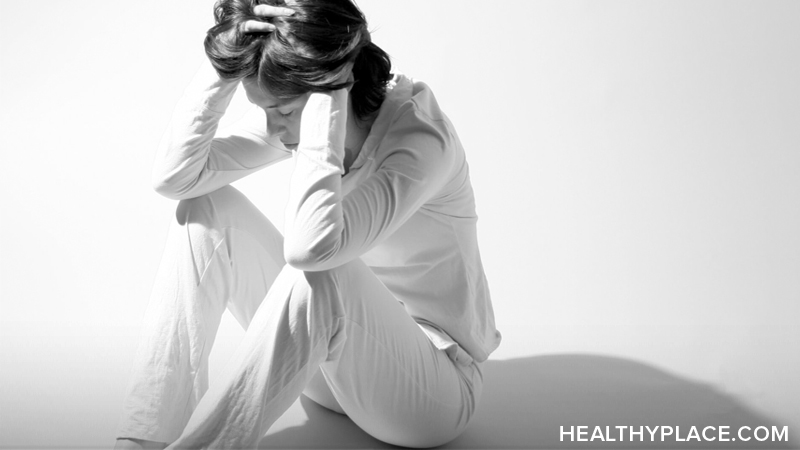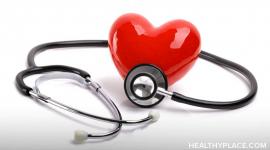What Is an Anxiety Attack? Anxiety Attack Symptoms

What is an anxiety attack? First, you need to know what an anxiety attack is not. An anxiety attack is not the same thing as a panic attack. Whereas a panic attack can come on suddenly – out of the blue – people having an anxiety attack know that their worries and anxieties have been brewing for some time prior to the attack.
What Is an Anxiety Attack?
The following vignette answers the question: What is an anxiety attack? If you've ever had relationship issues, or serious financial concerns, you're familiar with the worry and nervousness that you feel while dealing with them. The worry may build up over time and you may avoid dealing with the problems because of how upset or nervous they make you. While you may realize that things would probably get better if you dealt with the problems up front, the thought of confronting them makes you nauseous or shaky. This is classic anxiety.
An anxiety attack may occur when you're forced to confront the issues – you may become overwhelmed with nervousness, your heart may start racing, you could break out in a cold sweat, feel restless, or have feelings of dread. This describes some of what it may feel like to have an anxiety attack.
Difference Between an Anxiety Attack and Panic Attack
People suffering from panic attacks feel as if they're going crazy, losing control, about to die of a heart attack or from choking. Most of the time, the fear and terror that bring on a panic attack are unfounded. Anxiety attacks, on the other hand, usually develop due to a real fear, such as a fear of performing on stage, talking to the boss, family problems, or financial issues.
The outward symptoms of anxiety attacks are similar to those of panic attacks, which is what leads to the confusion. Anxiety attack symptoms, like symptoms of panic attack, can include breaking out into a cold sweat, nausea, racing heartbeat, dizziness, and trembling. Internally, though, the person having a panic attack has unfounded fears and terror that are triggered by unrelated, and usually unthreatening, circumstances or situations. The worries associated with anxiety attacks, while possibly overblown, usually stem from real issues and circumstances.
Symptoms of Anxiety Attacks
The primary symptoms of anxiety attacks are excessive and irrational fear and worry over a real event or situation. In addition to these primary symptoms, health care professionals classify other common symptoms into two groups – those with an emotional component and those with a physical component.
Emotional Symptoms of Anxiety Attack
- Difficulty concentrating
- Restlessness
- Feelings of dread
- Irritability
- Feeling as if your mind suddenly blanks out about certain information
- Anticipations of the worst (extreme negativity)
- Feeling edgy or extremely tense
Physical Symptoms of Anxiety Attack
- Racing heartbeat
- Shaking and trembling
- Nausea
- Dizziness
- Shortness of breath (hyperventilating)
- Headaches
- Fatigue
- Insomnia
- Muscle tension and soreness
- Sweating (even in cool temperatures)
- Skin rashes
- Dry mouth
It's normal to feel anxious over certain situations in life – like asking for a raise, dealing with financial concerns, or news that a loved one has a serious illness. Anxiety can also provide you with the energy and gumption you need to escape from a dangerous situation or get things done under time constraints. But excessive anxiety and worry over these and other things can disrupt your life and greatly reduce the quality of life you're living.
If you spend time worrying excessively or needlessly over little things, or things that might occur, and have repeatedly experienced the symptoms of anxiety attacks above, you should seek professional help. Safe, effective treatment for these uncomfortable attacks is available.
APA Reference
Gluck, S.
(2021, December 20). What Is an Anxiety Attack? Anxiety Attack Symptoms, HealthyPlace. Retrieved
on 2026, January 30 from https://www.healthyplace.com/anxiety-panic/anxiety-information/what-is-an-anxiety-attack-anxiety-attack-symptoms



